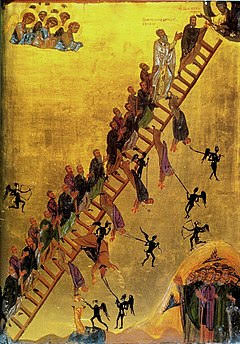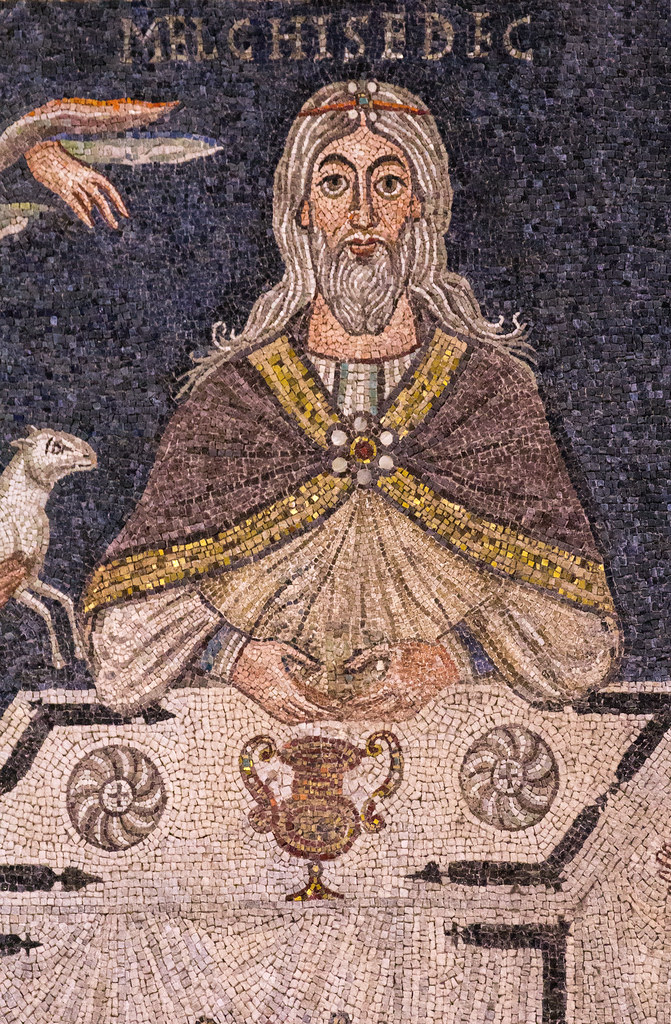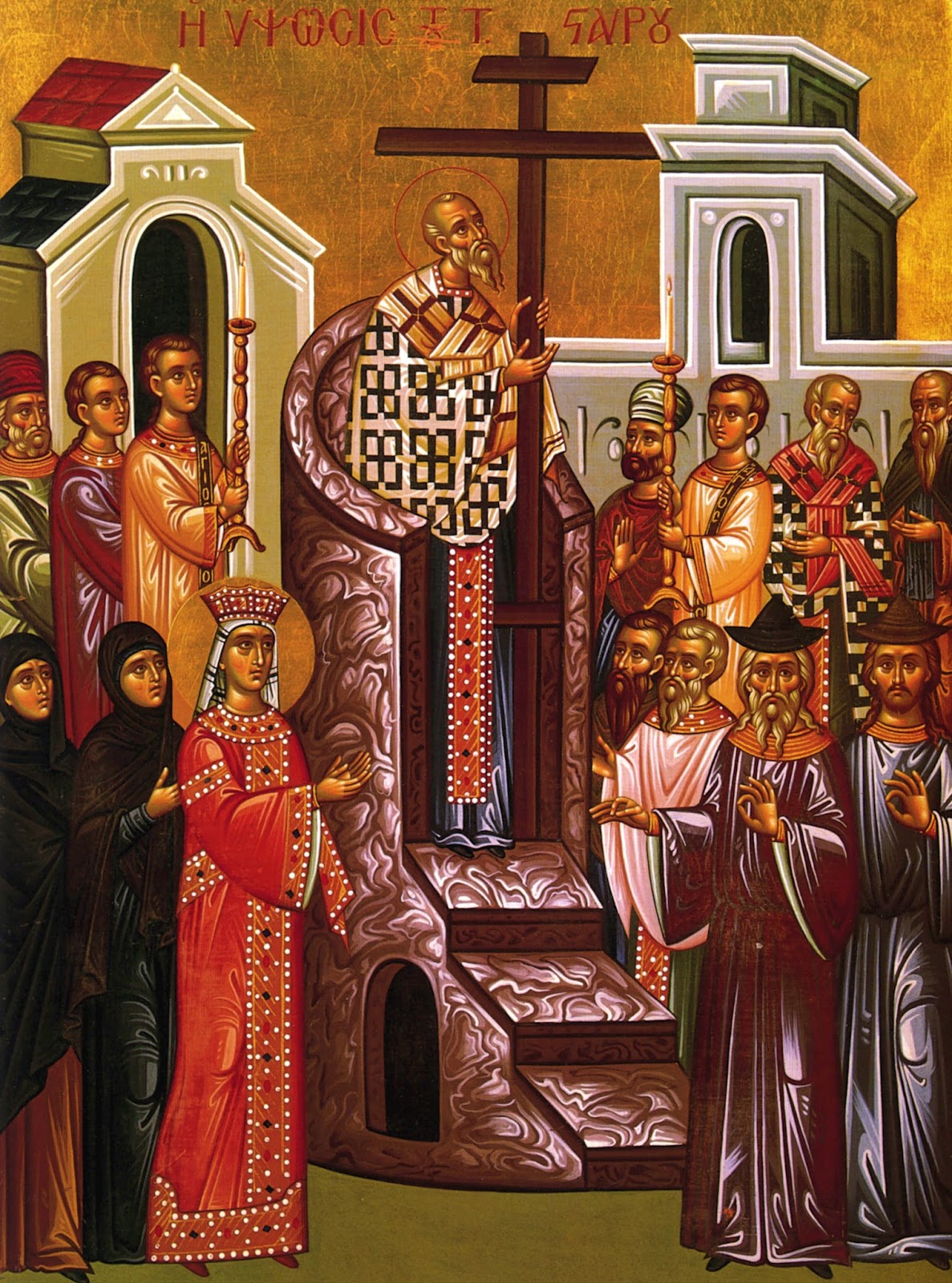“For it will be as when a man going on a journey called his servants and entrusted to them his property; to one he gave five talents, to another two, to another one, to each according to his ability. Then he went away. He who had received the five talents went at once and traded with them; and he made five talents more. So also, he who had the two talents made two talents more. But he who had received the one talent went and dug in the ground and hid his master’s money. Now after a long time the master of those servants came and settled accounts with them. And he who had received the five talents came forward, bringing five talents more, saying, ‘Master, you delivered to me five talents; here I have made five talents more.’ His master said to him, ‘Well done, good and faithful servant; you have been faithful over a little, I will set you over much; enter into the joy of your master.’ And he also who had the two talents came forward, saying, ‘Master, you delivered to me two talents; here I have made two talents more.’ His master said to him, ‘Well done, good and faithful servant; you have been faithful over a little, I will set you over much; enter into the joy of your master.’ He also who had received the one talent came forward, saying, ‘Master, I knew you to be a hard man, reaping where you did not sow, and gathering where you did not winnow; so I was afraid, and I went and hid your talent in the ground. Here you have what is yours.’ But his master answered him, ‘You wicked and slothful servant! You knew that I reap where I have not sowed, and gather where I have not winnowed? Then you ought to have invested my money with the bankers, and at my coming I should have received what was my own with interest. So take the talent from him, and give it to him who has the ten talents. For to every one who has will more be given, and he will have abundance; but from him who has not, even what he has will be taken away. And cast the worthless servant into the outer darkness; there men will weep and gnash their teeth.”
Matthew 25: 14-30 (Gospel of the 16th Sunday of Matthew)
Today’s scripture passage, the parable of the talents, is not only my favorite passage of Scripture but it is the one which most influences my life. The more I study it, the more meaning I take from it. Here are a few of the many lessons:
In the parable, the “talent” was a sum of money one might expect to earn in ten years. So the man with the five talents received a lifetime of money. In modern times, a “talent” might be described as an ability to do something. Everyone gets a different amount of talents—some get many, and some get fewer, but there is no one in the parable and no one in life who got nothing. God has given each of us a way to glorify Him by serving others. Everyone is capable of serving in some way.
God rewards us according to what we do with what we have. The man with the five talents (who made ten) and the man with the two talents (who made four) were rewarded equally because they did a lot with what they had been given. In modern times, we equate more with better. So let’s say a person started out with five talents and ended up with six and someone else started out with two talents and ended up with four. We would say that the one with six is better because six is more than four. In the eyes of God, however, the one with six would be a failure, because he started with five and should have made ten.
Fear is not an excuse to not use your talent. I used to meditate on this scripture passage daily when I was wrestling with the decision to answer God’s call to the priesthood. I had a lot of fears about going into the priesthood, but over time I realized that these fears were not an excuse not to answer. If you know that God is calling you to something, or has given you the talent, or the ability, or the means to do something, then you’d better do it.
Finally, in recent years, I have come to an even deeper understanding of this parable. The talent, I have heard it said, does not only represent a sum of money or an ability. It represents our whole life. So the person with the five talents got a long life or a life filled with opportunities. And the person with one talent perhaps got a shorter life or a life with less opportunities. The challenge then is making the most of the opportunities we are given. This can be viewed in two ways. On a macro level, what are we doing with the life God has given us—in total? What are we doing with our careers, our marriages, our children? What are we doing with our time, with our money, with our opportunities to serve others? Is our life focused inward, on ourselves, or outward, on others? Are we good stewards of our marriages, our children, our careers? Are we good stewards of our bodies—what we put into them, and words come out of them?
A steward is a temporary caretaker of something. Everything we have, we hold as a steward. Notice that the master in the story did not “give” the talents to his servants. He entrusted them to the servant. He loaned them out. He trusts us with them. We will not have our jobs, our families, our marriages, our children or anything else in 100 years. This is why there should be a sense of immediacy, because we do not know the hour that the Master will come and settle accounts with us.
Which brings us to the micro level view of this passage. We are stewards of TODAY. We don’t know what tomorrow will bring and we cannot go and relive yesterday, which means that we have to be a good steward of today. We have to make the most out of today. We have to take care of others today. We have to take care of our families, our children and our jobs today. We have to take care of our bodies today. And we have to take care of our relationship with Christ today.
This parable is one of the most significant in the Bible because it not only has an application for our lives but an application for today.
An Angel before Your conception, O Lord, conveyed the salutation Rejoice to the Maiden full of grace. And an Angel at Your Resurrection rolled away the stone of Your glorious sepulcher. The one, instead of sorrow, was disclosing tokens of gladness. The other, instead of death, proclaimed to us the Master and Giver of life. Therefore we cry aloud unto You the Benefactor of all: O Lord, glory to You. (Fourth Resurrectional Praise, 2nd Tone, Trans. by Fr. Seraphim Dedes)
All we can give is our best. If we are being good stewards with whatever “talent” we have been entrusted, that’s all that God or anyone else can ask. Be a good steward today. Show the Master that you are worthy of what He entrusted you!



